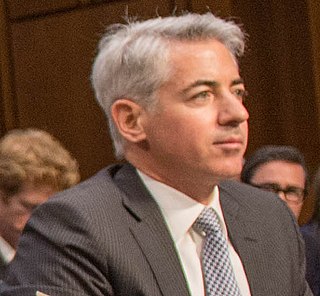A Quote by Peter Welch
For an economic recovery program to be effective, it must not only create a short-term economic boost but also generate lasting value. Home Star would accomplish that by breaking down the key barrier between homeowners and money-saving retrofits: upfront costs.
Related Quotes
Home Star is a common sense idea that would create jobs and provide a boost to local economies, while helping families afford their energy bills. By encouraging homeowners to invest in energy efficiency retrofits, Home Star would create 170,000 manufacturing and construction jobs that could not be outsourced to China.
If we human beings learn to see the intricacies that bind one part of a natural system to another and then to us, we will no longer argue about the importance of wilderness protection, or over the question of saving endangered species, or how human communities must base their economic futures - not on short-term exploitation - but on long-term, sustainable development.
It is clear that there are reasons for discontent in Iran - economic and political reasons. We have told the Iranian leadership repeatedly that the country's economic recovery can ultimately only succeed through greater international economic cooperation. And the precondition for that is not only that Iran refrain from developing nuclear weapons, but also that Iran's role in the region become far more peaceful. We have offered to finally hold true negotiations and talks on that issue.
Sadly, too many corporate leaders still believe that the way to boost productivity and profits is to continually reduce salaries, benefits, and training expenditures, a strategy that can be taken only so far. At a certain point in a developed society, salaries and benefits can't be slashed further and, in the long term, comparative economic advantage then must be realized through the effective mobilization of an educated, engaged, and loyal workforce.
The most important thing that a company can do in the midst of this economic turmoil is to not lose sight of the long-term perspective. Don't confuse the short-term crises with the long-term trends. Amidst all of these short-term change are some fundamental structural transformations happening in the economy, and the best way to stay in business is to not allow the short-term distractions to cause you to ignore what is happening in the long term.
That is certainly the promise of [Donald Trump] campaign and the promise of his economic program.This economic program is really the pickup truck of economic programs. It's the Ford F-150 of economic programs. It's about manufacturing. It's about oil, fossil fuels. It's a deliberate, forceful reassertion of an image of American industrialism that we have inherited from the 20th century.
We've got to make sure that we rebuild the infrastructure in America, because we used to be - have the best bridges, the best roads, the best airports. And now, when you go to China or you go to Europe, you see that they are outstripping us in terms of infrastructure. And if we put people back to work, that would be good not only in the short term, but it would also lay the foundation, the framework for long-term economic and job growth.
































